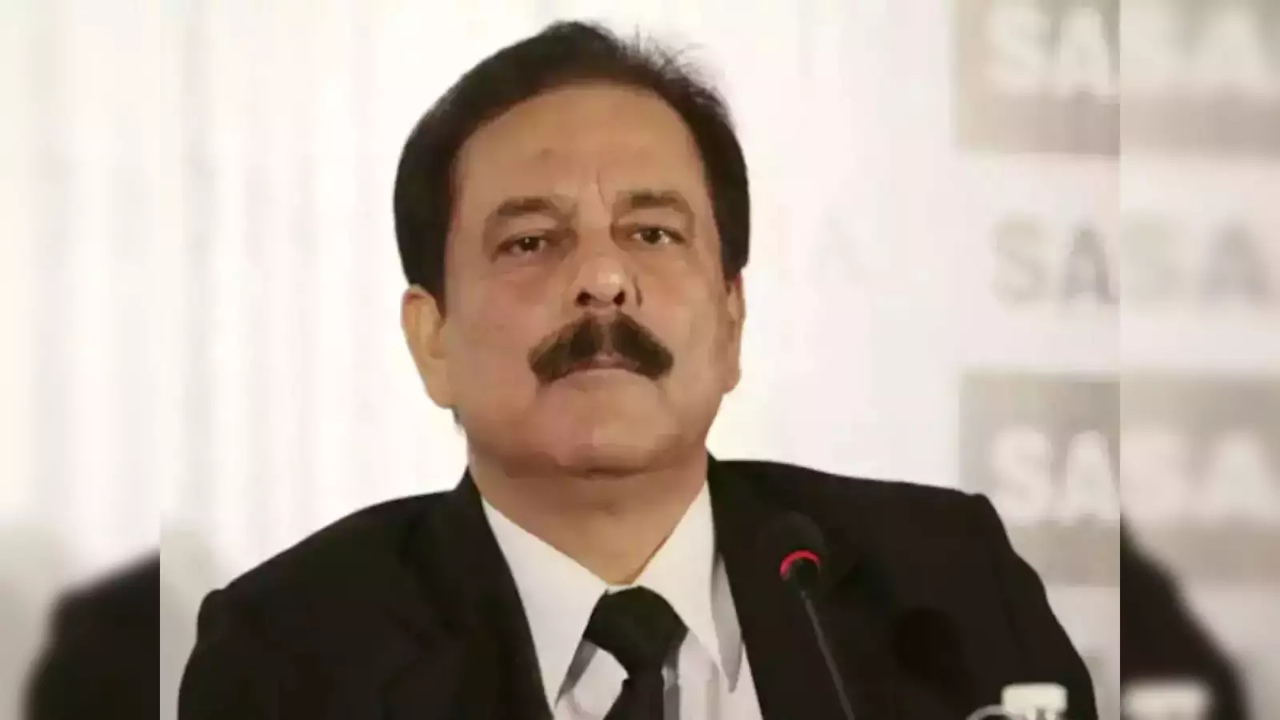Subrata Roy Sahara, the chief of Sahara India group, succumbed to health challenges on the night of November 14 at a private hospital in Mumbai. A prominent business figure, Roy’s journey began in the late 1970s with a chit fund business, eventually expanding his empire to encompass Air Sahara, television channels, and ventures in finance and real estate, notably the ambitious Amby Valley project near Lonavala.
At its pinnacle, the Sahara group stood as India’s second-largest employer, boasting around 1.2 million employees, trailing only the Indian Railways. However, the conglomerate faced regulatory scrutiny in the financial sector due to concerns over its finance entity’s business model, which involved accumulating deposits worth substantial amounts from small-ticket investors.
Subrata Roy Sahara’s demise at the age of 75 was confirmed by Sahara India Pariwar in a statement expressing deep sorrow. The conglomerate described him as an inspirational leader and visionary. According to the announcement, Saharasri ji passed away at 10.30 pm on November 14, 2023, due to cardiorespiratory arrest following an extended battle with complications arising from metastatic malignancy, hypertension, and diabetes, as reported by The Hindu.
Following the demise of Sahara Group’s chief, Subrata Roy, attention is drawn to undistributed funds exceeding ₹25,000 crore currently held by the capital markets regulator, Sebi. Subrata Roy, who passed away in Mumbai at the age of 75 after a prolonged illness, faced regulatory and legal challenges related to allegations of his group firms engaging in Ponzi schemes. In 2011, Sebi ordered Sahara Group firms to refund funds raised through Optionally Fully Convertible Bonds (OFCDs), leading to a prolonged legal battle. Despite the Supreme Court upholding Sebi’s directive in 2012, Sahara maintains that it had already refunded over 95% of investors directly, while the unresolved funds now come into focus following Roy’s death.


